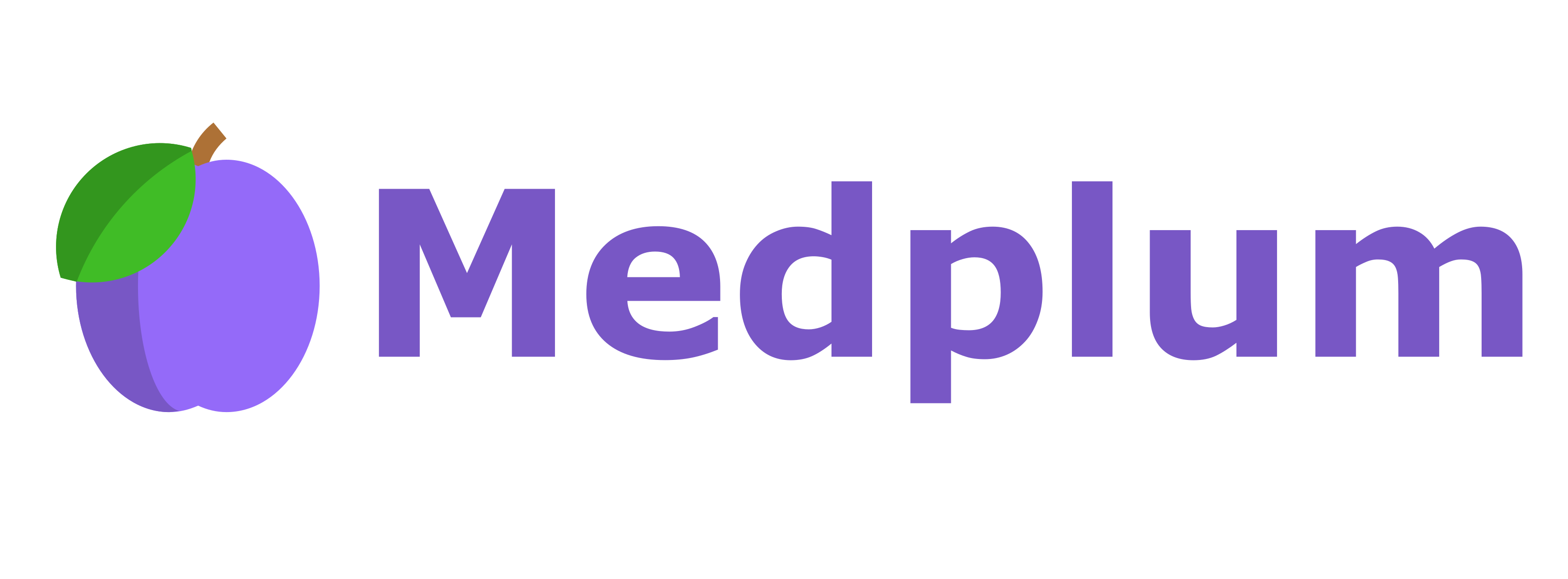Abstraction Level
- pg:
pg provides a low-level interface to interact directly with PostgreSQL, allowing developers to execute raw SQL queries and manage connections without any additional abstraction. This gives developers complete control over their database interactions, making it suitable for performance-critical applications.
- sequelize:
Sequelize is a full-fledged ORM that abstracts database interactions into models and associations, allowing developers to work with JavaScript objects instead of raw SQL. This makes it easier to manage complex relationships and perform CRUD operations without writing extensive SQL code.
- pg-promise:
pg-promise offers a higher level of abstraction compared to pg, providing features like query formatting, automatic connection management, and built-in support for promises. This makes it easier to write and manage asynchronous code while still allowing the use of raw SQL when needed.
- postgresql:
PostgreSQL itself does not provide an abstraction layer for Node.js, but libraries like pg and pg-promise serve this purpose by allowing developers to interact with the database using JavaScript.
Promise Support
- pg:
pg supports promises through the use of native JavaScript promises or libraries like Bluebird, but it does not enforce promise-based syntax. Developers can choose to use callbacks or promises based on their preference.
- sequelize:
Sequelize supports promises natively, allowing developers to use async/await syntax for cleaner and more readable code. This makes it easier to manage asynchronous operations and handle errors effectively.
- pg-promise:
pg-promise is built around promises, providing a seamless way to handle asynchronous database operations. It simplifies error handling and chaining of queries, making it a great choice for modern JavaScript applications that rely heavily on async/await syntax.
- postgresql:
PostgreSQL does not directly relate to promise support in Node.js, as it is the database itself. However, libraries like pg and pg-promise provide promise support for interacting with PostgreSQL.
Transaction Management
- pg:
pg allows manual transaction management through SQL commands, providing flexibility but requiring developers to handle the logic for committing or rolling back transactions themselves.
- sequelize:
Sequelize provides a high-level API for managing transactions, allowing developers to create and manage transactions easily. It abstracts the complexity of transaction management and provides a clear interface for committing or rolling back changes.
- pg-promise:
pg-promise offers built-in support for transactions, allowing developers to easily manage complex transaction flows with a clear and concise API. It simplifies the process of committing or rolling back transactions, making it less error-prone.
- postgresql:
PostgreSQL supports transactions natively, but the management of transactions is handled by the Node.js libraries that interface with it, such as pg or pg-promise.
Learning Curve
- pg:
pg has a relatively low learning curve for developers familiar with SQL, as it requires understanding raw SQL queries and connection management. However, it may be less intuitive for those new to database interactions.
- sequelize:
Sequelize has a steeper learning curve due to its ORM nature and the need to understand models, associations, and migrations. However, it can significantly speed up development once mastered, especially for applications with complex data relationships.
- pg-promise:
pg-promise has a moderate learning curve, as it introduces additional features and abstractions. Developers need to familiarize themselves with its API and promise-based syntax, but it is still accessible for those with a basic understanding of JavaScript.
- postgresql:
PostgreSQL itself has a learning curve related to its features and SQL syntax, but this is independent of the Node.js libraries. Developers should be comfortable with SQL to effectively use any Node.js library that interfaces with PostgreSQL.
Community and Ecosystem
- pg:
pg has a strong community and is widely used in production applications, ensuring good support and a wealth of resources available for troubleshooting and best practices.
- sequelize:
Sequelize has a vibrant community and a wide range of plugins and extensions available, making it easy to integrate with other libraries and frameworks. Its popularity ensures that developers can find ample resources and support.
- pg-promise:
pg-promise also has a dedicated community and is well-documented, making it easier for developers to find help and examples for common use cases.
- postgresql:
PostgreSQL has a large and active community, with extensive documentation and resources available for developers. It is a mature database system with a rich ecosystem of tools and extensions.


